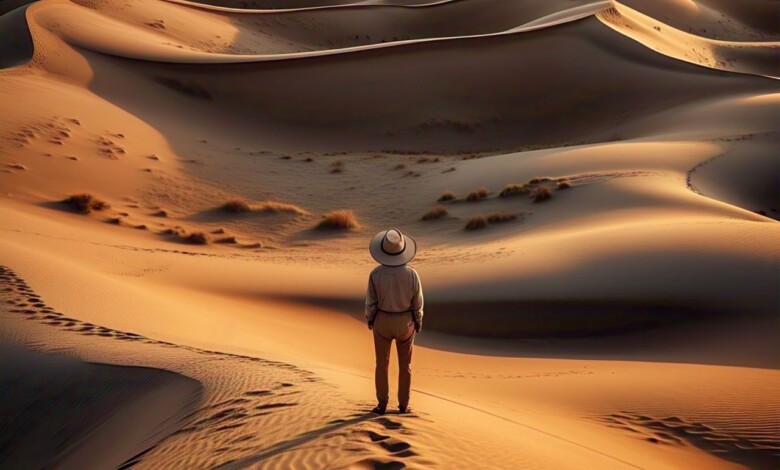Beyond human agency: Recognizing Allah’s sovereignty in creation

By Yusuf Bulafu
Assalam alaykum warahmatullahi wabarakatuh.
Humanity’s journey through history has been defined by its quest for mastery over nature, life, and even destiny itself. Yet, the Quran reveals a sobering truth: much of what humans perceive as control is an illusion. Nowhere is this tension more eloquently captured than in the Quranic passage (Suratul Waqiah: 58-74) which serves as a profound reminder of the inherent limitations of human power and the boundless sovereignty of Allah.
By drawing our attention to the intricate processes of creation, sustenance, and natural phenomena, these verses strip away the facade of autonomy and invite us to reflect on our absolute dependence on the Creator.
In a world increasingly consumed by technological and scientific advancements, this divine message is as relevant today as it was over 1,400 years ago. Through the lens of these verses, we delve into the spiritual, ethical, and practical implications of recognizing Allah’s ultimate authority in all aspects of existence.

The illusion of control in human creation
Procreation, a fundamental aspect of human existence, serves as a vivid example of the illusion of control. While humans may initiate the physical act, the actual creation of life—the fusion of cells, the formation of a soul, and the intricate processes of development—are entirely beyond human capability. Even the emotions that compel procreation, such as love and desire, are divinely orchestrated. Without these inherent feelings, humanity would struggle to perpetuate itself. These emotions are a testament to Allah’s wisdom, for He places within humans the instincts necessary to fulfill their role as stewards on earth.
The passage begins with an evocative question, “Have you seen that which you emit?” (56:58), drawing attention to the act of procreation—an act that humanity often views as entirely within its control. Through medical advancements and planning, humans may feel empowered to dictate the circumstances of conception and birth. However, the following verse dismantles this notion: “Is it you who creates it, or are We the Creator?” (56:59).
Here, the Quran shifts the perspective from human agency to divine authorship. Despite medical advancements and interventions, the reality remains that no human effort can guarantee conception, let alone the successful development of a healthy child. This highlights the divine control embedded in every stage of life, from conception to birth, reaffirming that human agency is merely a vessel through which Allah’s will is executed. This stark reminder exposes the illusion of control that humans often cling to in matters as profound as the origin of life.
From an embryological perspective, modern science can describe the stages of human development in great detail, from the zygote to the fetus. Yet, science cannot explain the metaphysical phenomenon of the soul or why some pregnancies succeed while others end in miscarriage. This mystery shows the divine power behind the act of creation.
The Quran further affirms this in Surah Al-Mu’minun: “Then We made the sperm-drop into a clinging clot, and We made the clot into a lump [of flesh], and We made [from] the lump, bones, and We covered the bones with flesh; then We developed him into another creation. So blessed is Allah, the best of creators.” (23:14).
……………… TO BE CONTINUED






